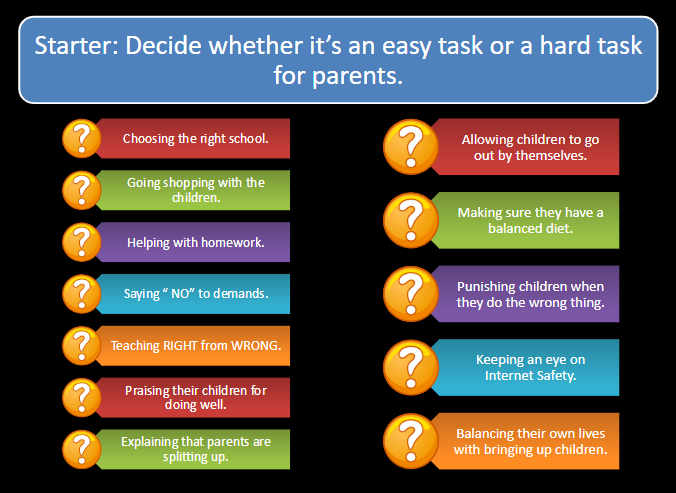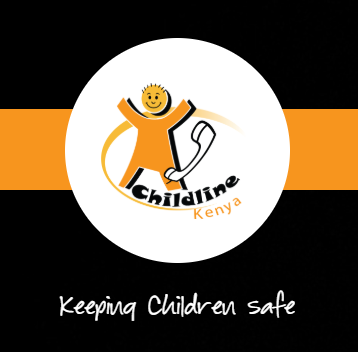KS3 PSHCE
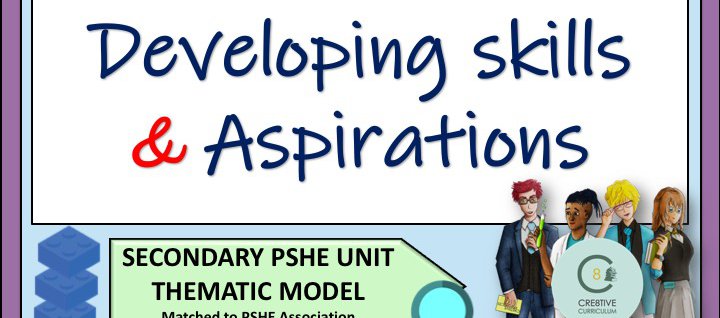
7th February 2025
Year 7: Aspirations and Developing Skills
At BMIS, we believe that every student has unique talents and abilities. In our Year 7 PSHCE lessons, we have been exploring the theme of Aspirations and Developing Skills, focusing on the importance of recognising our strengths and addressing our weaknesses.
Understanding what we are good at helps build confidence and motivation, while acknowledging areas for improvement allows us to grow and develop new skills. Through self-reflection, goal-setting, and practical activities, students have been encouraged to think about their future ambitions and the steps needed to achieve them.
By embracing both strengths and challenges, students can develop resilience, a growth mindset, and the confidence to pursue their dreams. We encourage parents and carers to continue these conversations at home, helping students set personal goals and celebrate progress along the way.
Together, we can support our students in becoming lifelong learners, ready to take on any opportunity that comes their way!
Key Takeaway: Recognising our strengths and working on our weaknesses helps us grow, build confidence, and reach our aspirations.
Discussion at Home: Ask your child what they feel they are good at and what skills they would like to improve. How can they take small steps to develop these skills?
Let us keep learning and growing together!
Mr Took
Student Voices
I have learnt that it is good to acknowledge your weaknesses as well as your strengths so people know what you're good at and what you're not very good at so then you know what to improve on. Since everybody has a weakness you shouldn’t be insecure about having one, no matter what anyone says. Lloyd
This half term in PSHE I have learnt my strengths and weaknesses. It's been so helpful to recognise my strengths and weaknesses. It has helped me be more self aware. It's been fun. Fatema
This term I have learnt that failure doesn't make you bad at the topic.It just means you don't quite understand. I also learnt that fear kills more success than failure does. Alice
I’ve learnt that weaknesses are kind of like our strengths but you're a lot more likely to see your strengths as your achievements. In my opinion your weaknesses ARE your strengths. You need to practice fixing your weaknesses otherwise you have not learnt from them. Imara
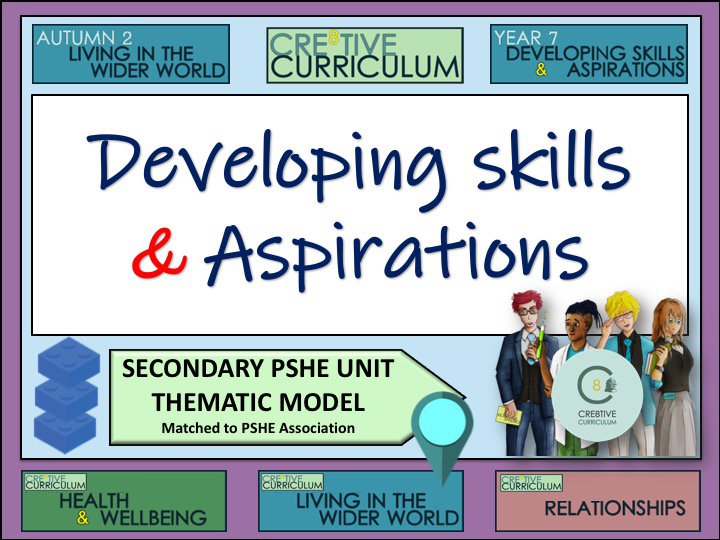
Year 8 - Students Take a Stand Against Discrimination
At Braeburn Mombasa, we believe in fostering an inclusive, respectful, and supportive environment for all. This half-term, our Year 8 students explored the theme of Discrimination in their PSHCE (Personal, Social, Health, and Citizenship Education) lessons, exploring crucial discussions about equality, diversity, and the impact of prejudice in society.
Understanding Discrimination in All Forms
Students began by examining different types of discrimination, including racial, gender, religious, disability, and economic discrimination. They discussed how biases—whether conscious or unconscious—can shape people's experiences and limit opportunities. Through real-life case studies, students gained a deeper understanding of how discrimination affects individuals and communities worldwide.
Embracing Differences and Diversity
A core focus of the lessons was the importance of diversity and inclusion. Students reflected on the benefits of living in a multicultural world and how embracing differences strengthens communities. Classroom discussions encouraged them to think about ways to celebrate diversity and challenge stereotypes in their everyday lives.
Bullying and Cyberbullying: The Digital Age Challenge
With the rise of technology and social media, cyberbullying has become a growing concern. Students explored different forms of bullying—both online and offline—and discussed the psychological effects it has on victims. They examined real-life examples of cyberbullying and debated the role of social media companies, schools, and individuals in preventing and responding to online harassment.
The Impact of Discrimination
Through thought-provoking activities, students analysed the long-term effects of discrimination on individuals and society. They learned about the psychological, emotional, and economic consequences of exclusion and inequality. Case studies such as the Civil Rights Movement, gender pay gap debates, and issues surrounding disability rights provided concrete examples of how discrimination can shape laws, policies, and societal attitudes.
Taking Action Against Discrimination
A highlight of this half-term was the students' independent research projects, where they investigated real-world examples of discrimination and presented solutions to combat it. Their findings covered issues such as workplace discrimination, gender discrimination, and the fight against racism. Each group presented practical steps that individuals and communities can take to stand up against discrimination, including:
- Speaking out when witnessing injustice
- Educating others about the harm caused by discrimination
- Promoting inclusivity through language and behaviour
- Supporting victims and reporting incidents
Shaping a More Inclusive Future
Through this PSHCE theme, our students have developed a stronger awareness of discrimination and its consequences, equipping them with the knowledge and confidence to promote equality within their school and beyond. By fostering open discussions and encouraging action, we empower our students to become compassionate, informed, and responsible citizens who can help create a more inclusive world.
As we move forward, we encourage students, staff, and parents to continue engaging in conversations about diversity, respect, and social justice—because change begins with awareness, and action makes a difference.
Together, we stand against discrimination!
Mr Nyabuto Samuel
History and Sociology Teacher
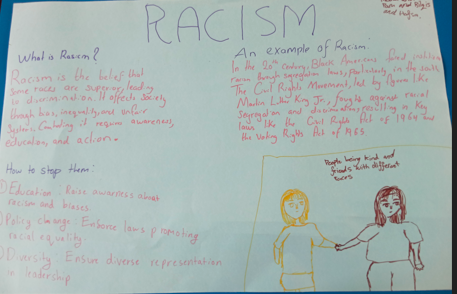
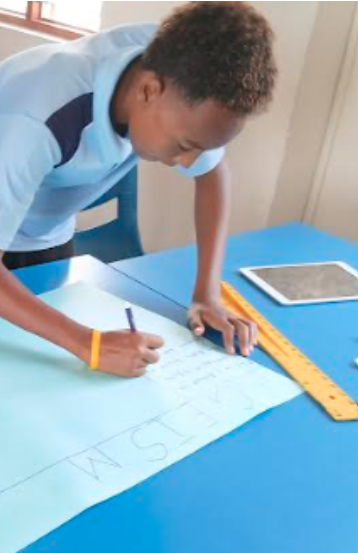
Year 9 PSHCE - Healthy and Unhealthy Relationships
Year 9 students have explored healthy and unhealthy relationships this half of term in their PSHCE lessons.
They started off by discussing and analysing family relationships and referred to their own experience to recognise pressure points and conflicts in family relations. They then moved on to defining the features of a healthy and unhealthy friendship and relationship and talked about consent. Different ways to resolve conflicts were explored and discussed in groups and resources are available on Google Classroom.
Building and maintaining healthy relationships is essential to our well-being. Whether in family dynamics, friendships, or romantic partnerships, understanding what makes a relationship positive—and recognising when it becomes unhealthy—can help us foster stronger connections and protect our mental and emotional health.
Healthy Relationships
A healthy relationship is built on mutual respect, trust, and communication. In any type of relationship—family, friendships, or romantic—it is important to feel safe, valued, and heard. Here are some key characteristics of a healthy relationship:
- Respect: Each person acknowledges and appreciates the other's thoughts, feelings, and boundaries.
- Trust: There is a sense of security and reliability in the relationship, without the need for excessive control or suspicion.
- Communication: Open and honest discussions help resolve conflicts and strengthen understanding.
- Support: Encouragement and kindness are present, with each person uplifting and helping the other grow.
- Equality: There is a balance in effort, decision-making, and responsibility, ensuring that one person does not have dominance over the other.
Unhealthy Relationships
An unhealthy relationship often includes patterns of control, manipulation, or disrespect. These behaviours can negatively impact a person’s self-esteem and overall well-being. Some warning signs of an unhealthy relationship include:
- Lack of Respect: Frequent belittling, criticism, or dismissive behaviour.
- Manipulation or Control: One person tries to dominate the relationship through guilt, threats, or excessive jealousy.
- Poor Communication: Dishonesty, avoidance, or frequent arguments without resolution.
- Lack of Support: Feeling drained or unappreciated due to a lack of encouragement or emotional validation.
- Violation of Boundaries: Ignoring or dismissing personal boundaries and consent, whether emotional or physical.
Consent in Relationships
Consent is a crucial component of any healthy relationship. It means that all individuals involved willingly agree to an action or situation without pressure, force, or manipulation. This applies to both emotional and physical interactions, including:
- Asking for permission before touching or borrowing something.
- Respecting someone's choice to say no without guilt or coercion.
- Understanding that consent can be withdrawn at any time.
The person seeking consent is responsible for making sure consent is clearly given and that there are no barriers to giving consent. Students identified some potential situations when a person would not be able to give consent or when their consent could not be accepted: being intoxicated, children who are non-verbal or individuals who do not have the physical or mental ability to give consent, age, emotional state, fatigue.
Strengthening Your Relationships
To build healthier connections, consider these steps:
- Practice Active Listening: Pay attention to others’ feelings and perspectives.
- Set and Respect Boundaries: Be clear about personal limits and honour those of others.
- Express Appreciation: Regularly acknowledge and value the positive aspects of your relationships.
- Seek Help When Needed: If you are struggling with an unhealthy relationship, reach out to a trusted friend, a teacher or a trusted adult.
By fostering healthy relationships and recognising unhealthy patterns, we can create supportive and respectful connections that contribute to a happier, healthier life.
If you are concerned about a friend or if you are going through a difficult time yourself, talk to a member of our Safeguarding team or dial 116 to speak to someone at Childline Kenya https://childlinekenya.co.ke/
